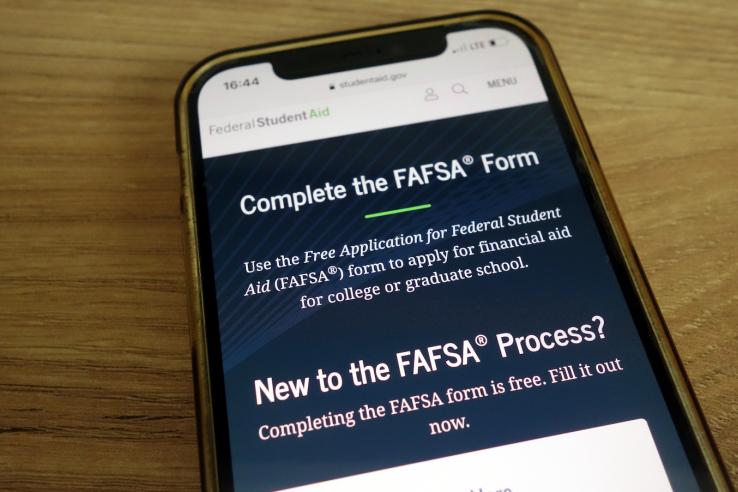¿Qué hemos aprendido de las evaluaciones aleatorizadas que los hacedores de política pública, los tomadores de decisiones y los donantes puedan usar para mejorar los programas sociales? Las Lecciones de la Evidencia de J-PAL están organizadas por sector y resaltan los aprendizajes que surgen en múltiples estudios y los mecanismos que ayudan a explicar los resultados encontrados.
Los Directores de cada Sector y el staff de J-PAL resumen estas lecciones a partir de evaluaciones aleatorizadas relevantes y las actualizan constantemente incorporando los hallazgos de la literatura más reciente. Cada lección resume la evidencia sobre un tema específico, ofreciendo enlaces a los artículos de investigación y a los resúmenes de las evaluaciones. Para más información sobre cómo desarrollamos nuestras Lecciones de la Evidencia, puedes leer esta entrada en nuestro blog.
Esperamos que estas Lecciones, al combinarse con un entendimiento detallado del contexto local y de la implementación del programa, puedan ser herramientas prácticas para el diseño de políticas y programas informados por evidencia. Para ver ejemplos de cómo las Lecciones de la Evidencia han informado las políticas públicas, visita nuestra página De la Evidencia a la Acción.










